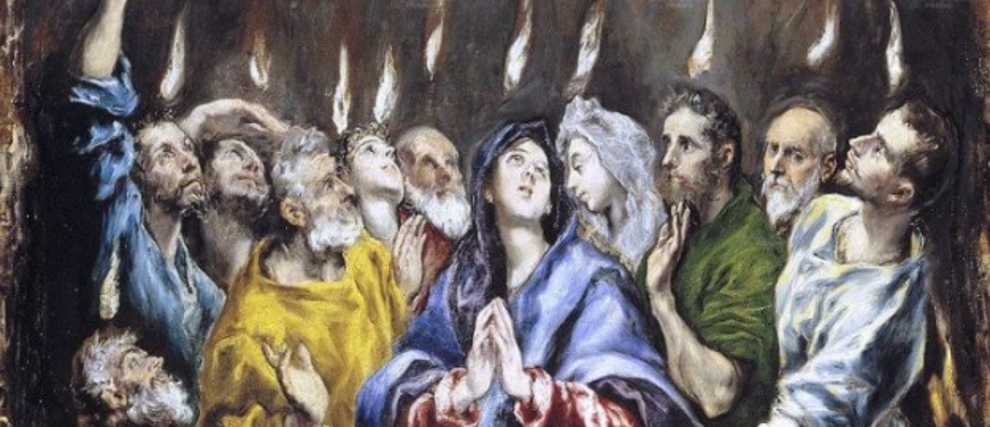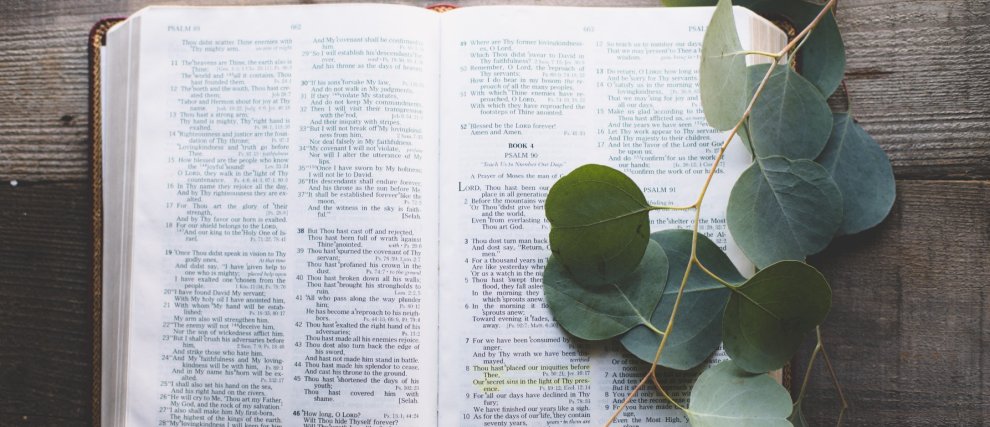Life of Athanasius of Alexandria: Bishop, Church Father, and Doctor of the Church
“A comprehensible God would be no God.”
Athanasius was born at the end of the 3rd century into a pagan family and received an excellent education. Drawn early to the virtues of Christians, he was baptized by the Bishop of Alexandria and quickly became a deacon. He attended the Council of Nicaea with his bishop in 325 and was proclaimed bishop shortly after his predecessor’s death in 328. From then on, he faced internal strife within the Egyptian Church and battled heresies of his time. He also resisted ruthless power struggles in the Eastern Church, leading to repeated exiles and slander. Exiled five times during his life—sometimes voluntarily for safety, sometimes forcibly—he spent his final days peacefully, restored to his see of Alexandria in 366, where he remained until his death in 373. A funeral eulogy was delivered for him in 379 by Gregory of Nazianzus.
Recognized as one of the Church Fathers, he is venerated as a spiritual warrior and defender of orthodoxy, earning the title Doctor of the Church.
Biography of Athanasius of Alexandria
Athanasius was born around 297 into a pagan family. Little is known of his childhood, but his education in literature and philosophy is evident from his writings. Drawn to Christianity early, he was baptized by the Bishop of Alexandria, who mentored him as a reader, deacon, and confidant. At the Council of Nicaea in 325, he accompanied his bishop, who soon named him successor. Upon the bishop’s death in 328, Athanasius was enthroned as bishop at just 30.
Tensions arose within the Egyptian Church as followers of Arius, founder of Arianism, rebelled and accused Athanasius of financial misconduct and tyranny. After multiple accusations, he was exiled to Gaul by Emperor Constantine.
After Constantine’s death, the empire split among his three sons. Constantius II, ruling the Eastern Empire, sided with Arians, who installed a new Arian bishop in Alexandria. Athanasius fled to Rome in 339, where Pope Julius I reinstated him after deeming his deposition invalid. A Council of Sardica (343) failed to resolve disputes, but Emperor Constant I pressured Constantius II to restore Athanasius in 346, ending his seven-year exile.
Athanasius’ most fruitful years followed. Egyptian monasticism flourished, supported by Saint Anthony the Great and local monks. However, Constantius II forced him into fourth exile in 356. He hid in desert monasteries, aided by Egyptian Christians. After Constantius’ death, Emperor Julian the Apostate exiled him again (fifth exile). Restored under Emperor Jovian in 364, he faced final exile under Valens but was reinstated in 366. He died peacefully on May 2, 373, after 40 years as bishop (17 in exile).
Works and Thought of Athanasius
Writings:
On the Incarnation of the Word
Against the Pagans
Life of Saint Anthony
History of the Arians
On the Trinity and the Holy Spirit
Letters:
To Catholic bishops
To Egyptian bishops
To Emperor Jovian
Sardica letters
Athanasius’ thought emphasized Church autonomy against secular power and the consubstantiality of the Father and Son. A fierce defender of orthodoxy, he solidified doctrine amid internal divisions. He also championed monasticism, influenced by his friendship with Saint Anthony and Saint Pachomius.
Quotes from Saint Athanasius
“Let us place in our hearts love and gentleness toward one another. Is it not the same God who rules us all? Why should any of us despise our brother, violating the covenant of life and peace among us? Know that your brother, who is your neighbor, is God—not merely a man.”
“Those who live angelically by free will and practice discipline in the angels’ way of life completely distance themselves from fleshly desires, beloved brethren. They die daily to earthly life but live in the angels’ life, sharing in the life of the Lord.”
“Anthony, however, according to his custom, returned alone to his cell, increased his discipline, and sighed daily while contemplating heavenly dwellings. He ate, slept, and tended to bodily needs with shame, mindful of the soul’s spiritual faculties. Often, when about to eat with other hermits, he would excuse himself, ashamed to be seen eating.”
“We partake of the divine nature when we partake of the Spirit.”
Prayers by Saint Athanasius to the Virgin Mary
“Hear our prayers, O Most Holy Virgin, and remember us. Pour upon us the gifts of Your riches, from the abundance of grace filling You. The Archangel greets You as ‘Full of Grace’; all nations proclaim You Blessed, the heavenly hierarchies bless You, and we on earth say: Hail, Full of Grace, the Lord is with You. Pray for us, O Mother of God, our Lady and Queen. Amen.”
“O noble Virgin, truly You are exalted above all greatness! For what compares to You, O Dwelling of God the Word? To what shall I liken You among all creation? You surpass them all. Shall I compare You to the earth and its fruits? You are greater… If I say angels and archangels are great, You are greater still. For they tremble as they serve Him who dwells in Your womb. Amen.”
Deepen Your Faith with Hozana
Following Athanasius’ example of promoting unity, pray this novena for .
Pray also to find their path to Christ.
Hozana offers resources to grow in contemplation:

